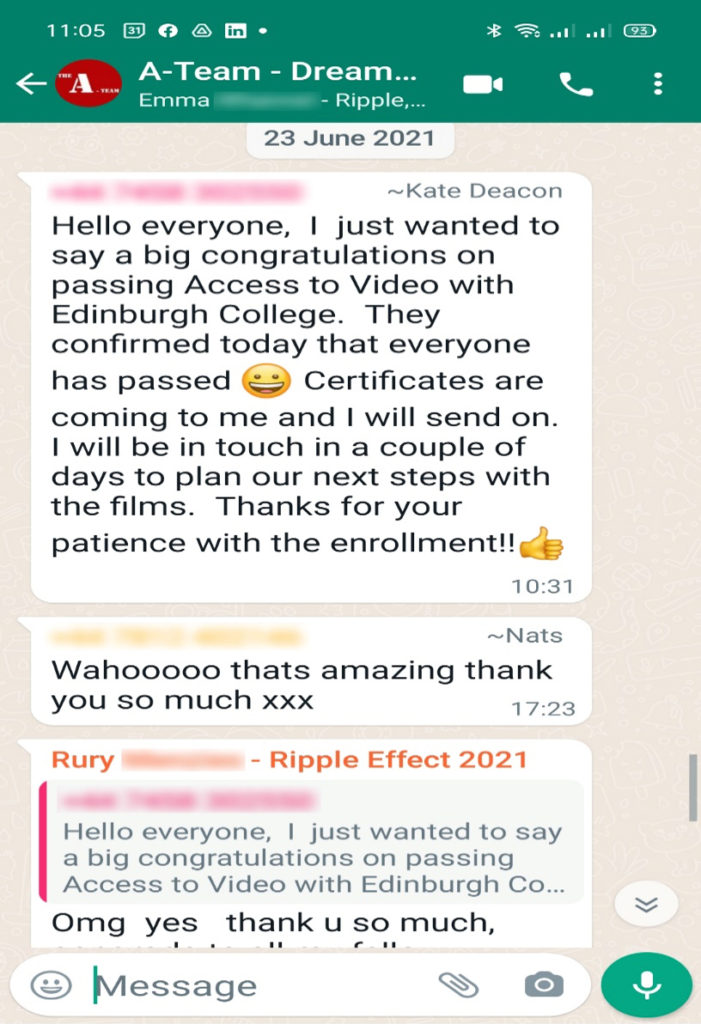(Visited 45 times, 1 visits today)
Last modified: October 25, 2021
THE RIPPLE EFFECT – THE ADVOCACY & EMPOWERMENT OF SHARED SENTENCES





